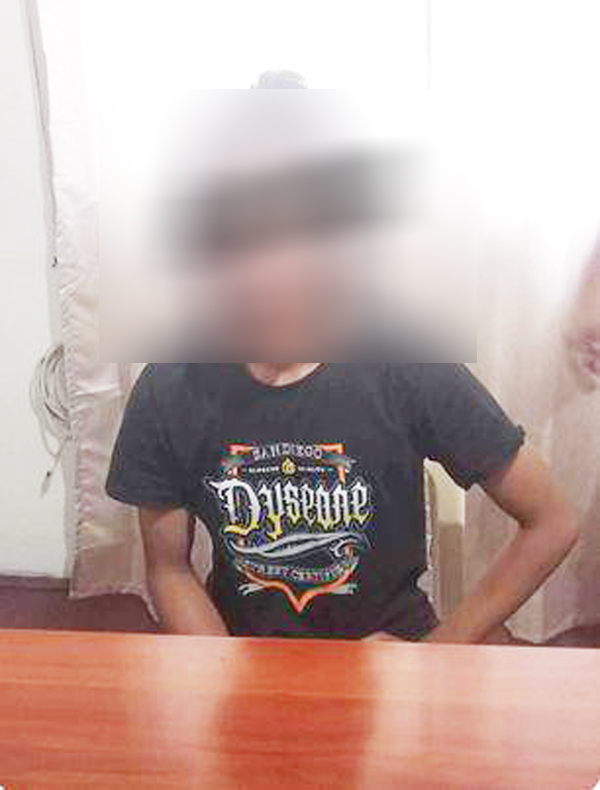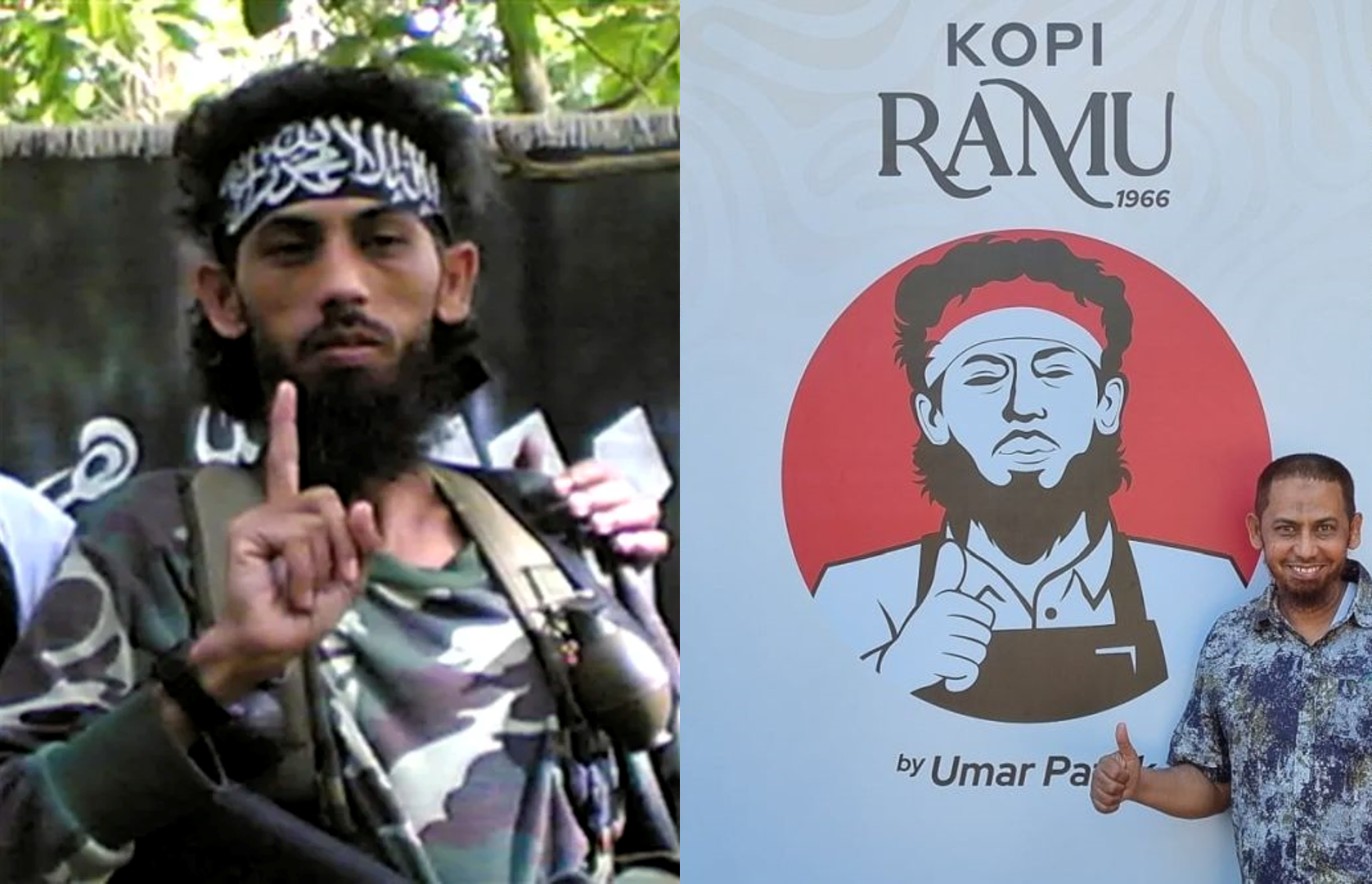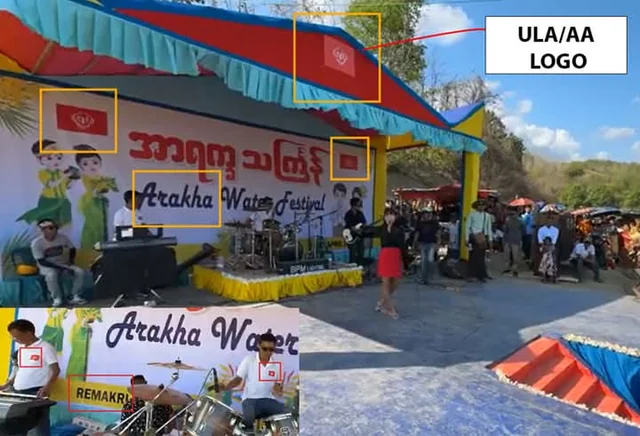
Brief: Surrender of Another Abu Sayyaf Militant Signals Philippines’ Continued Counter-Terrorism Success
Brief: Surrender of Another Abu Sayyaf Militant Signals Philippines’ Continued Counter-Terrorism Success
Executive Summary
- The continuing string of Abu Sayyaf militants surrendering themselves in the Philippines suggests an ongoing collapse in jihadist morale.
- Effective reintegration programs combined with counter-insurgency successes against Abu Sayyaf will allow the Philippines to focus on other militant groups, like the communist National People’s Army (NPA).
In early March, Abu Sayyaf militant Wanhar Sajirin surrendered to regional police intelligence officers in Zamboanga, Philippines (The Philippine Star, March 10). Sajirin had been a follower of the higher-ranking Abu Sayyaf commander, Mujir Yadah. Yadah was linked to the beheading of two Canadian tourists who were kidnapped by Abu Sayyaf in 2015 (Military.com, June 10, 2021). Mujir Yadah was himself arrested in June 2022 by Philippine police forces (The Star [Malaysia], June 17, 2022).
Malaysian authorities believed that Mujir Yadah used Malaysia as a base while he retreated from Philippine security forces and planned attacks in the Philippines rather than in Malaysia (The Star [Malaysia], June 17, 2022). Sajirin appears to have lost confidence in Abu Sayyaf in the years following his superior’s arrest. This shows how the arrest of one commander can lead to a chain reaction where the commander’s followers surrender themselves to government forces, diminishing the group as a whole.
This militant’s surrender follows the surrender of 12 other Abu Sayyaf members in December 2023, who had been under the command of Furuji Indama and Rhadzmil Jannatul. Those two high-ranking Abu Sayyaf commanders were killed in October 2020 and March 2022, respectively (Malaya Business Insight, December 11, 2023). Having seen their leaders eliminated from the battlefield and aware of the Philippine government’s reintegration programs, the 12 members decided to relinquish their weapons and receive the opportunity for employment training and reintegration into society (Philippine News Agency, August 6, 2021).
Whether the Philippines’ reintegration and rehabilitation program will succeed in the long-term for jihadists leaving Abu Sayyaf remains to be seen. Early indications suggest the programs have been successful, at least in the case of former communist New People’s Army (NPA) rebels. For example, 45 former NPA militants completed a five-day de-radicalization program in November 2023 in Zamboanga (Philippine News Agency, November 13, 2023). Most of them were considered “high-value individuals.” They entered “psychological rehabilitation activities” and other classes intended to aid them in overcoming “trauma, anger, and extremist ideologies” (Philippine News Agency, November 13, 2023).
Although Abu Sayyaf has more international notoriety than the NPA, the latter group may be on the rise, while the former is not (see Terrorism Monitor, March 31, 2023). The growing number of Abu Sayyaf militants who surrender to government forces should allow the Philippine military to focus its efforts on the NPA—even more so if the reintegration programs are successful. This demonstrates how counter-insurgency and reintegration are mutually reinforcing counter-terrorism strategies.


